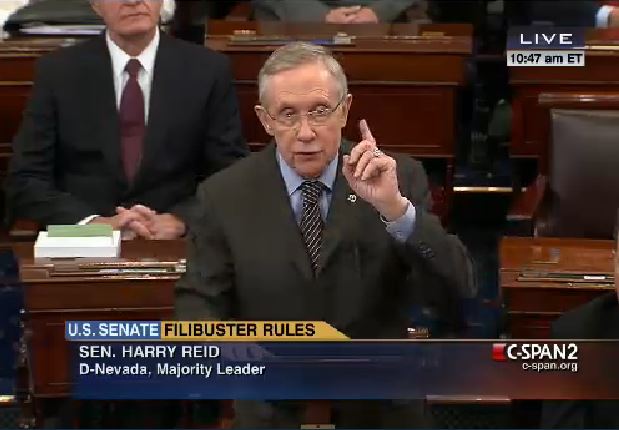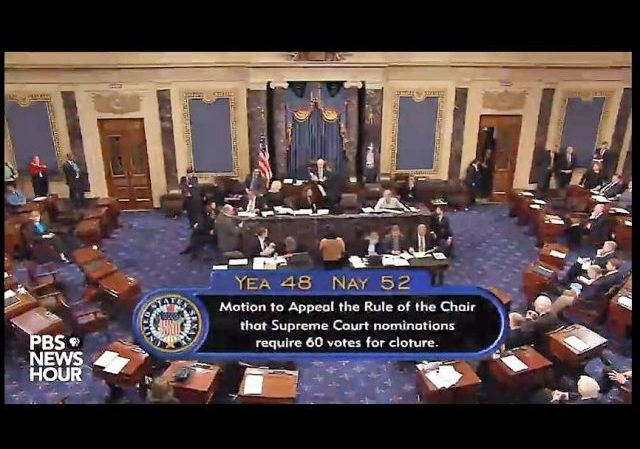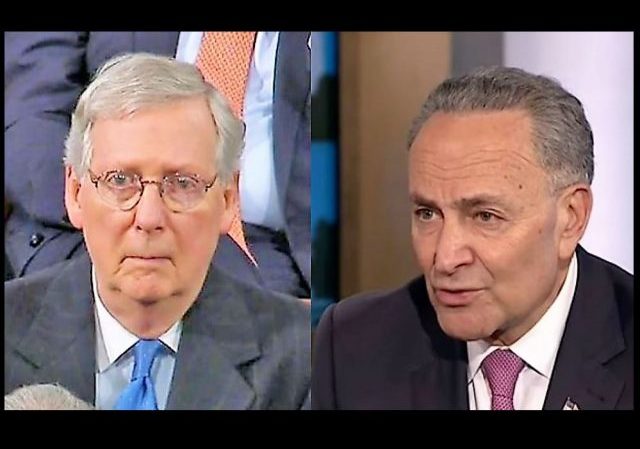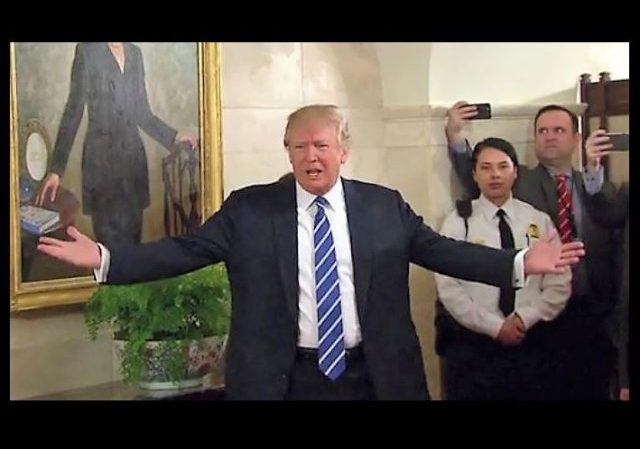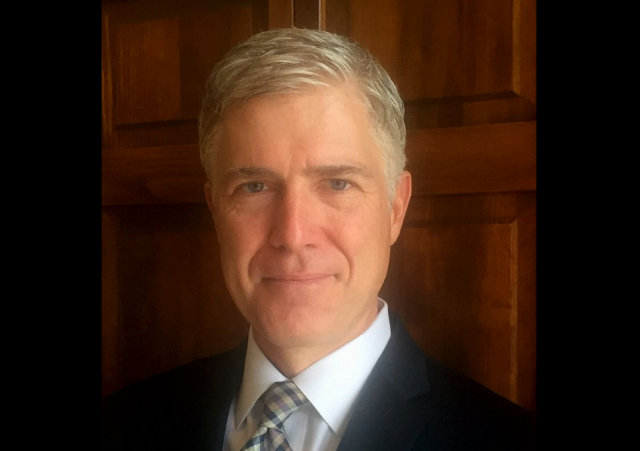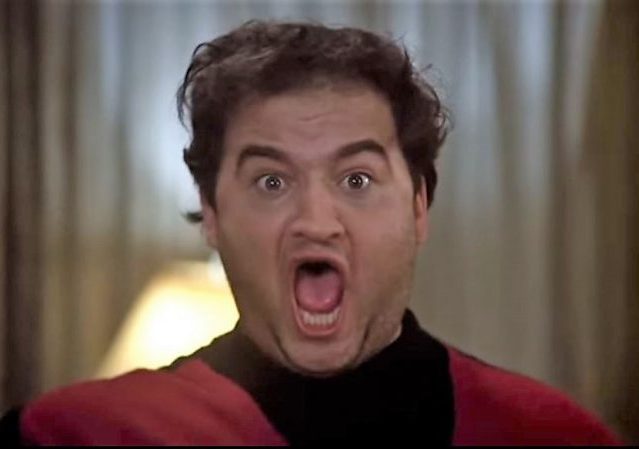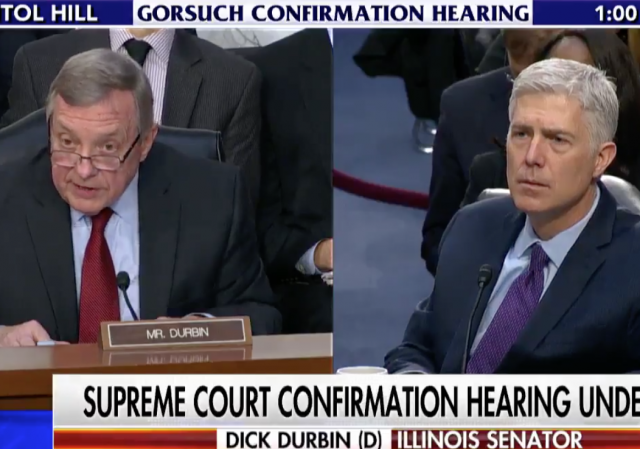How can Ginsburg participate in Travel Order case after her statements about Trump?
on June 02, 2017
52 Comments
Donald Trump's second Executive Order on visa entry from six majority Muslim countries is now before the Supreme Court.
Trump is seeking review of the 4th Circuit's decision upholding a Maryland District Court injunction halting the Executive Order. In addition to the Petition for a Writ of Certiorari asking SCOTUS to hear the case on the merits, Trump has a request for a stay of the lower court injunctions pending a decision on the merits. The application is on a fast track, with the Court setting June 12 as the deadline for opposition papers.
The 4th Circuit's decision found that the Executive Order, though facially neutral, "in context drips with religious intolerance, animus, and discrimination" and that context was "a backdrop of public statements by the President and his advisors and representatives at different points in time, both before and after the election and President Trump’s assumption of office."

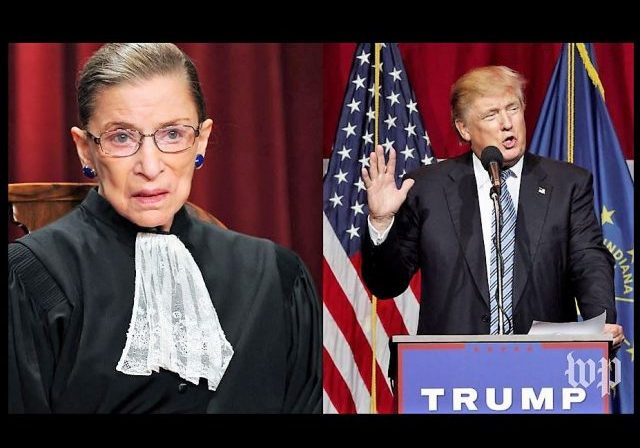
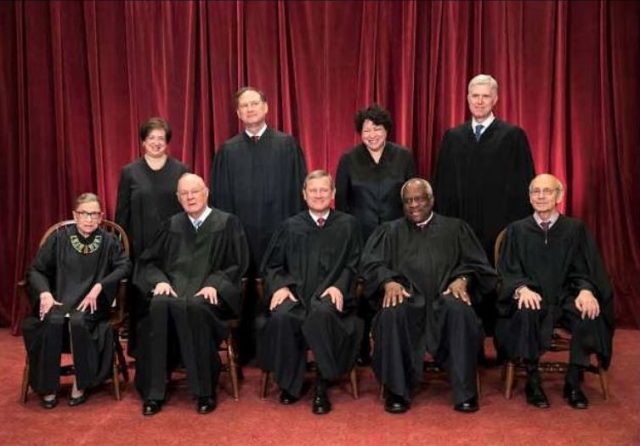
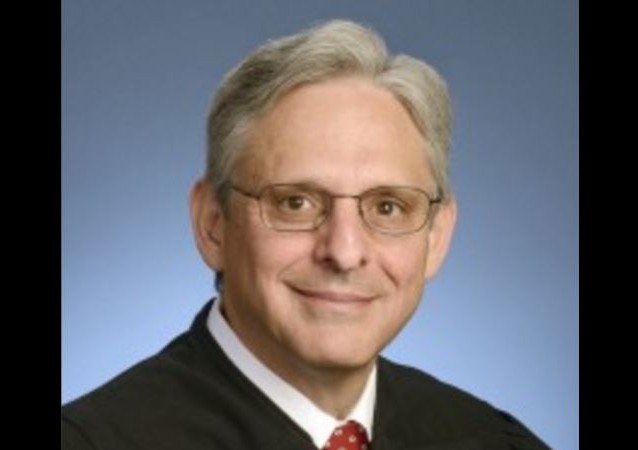
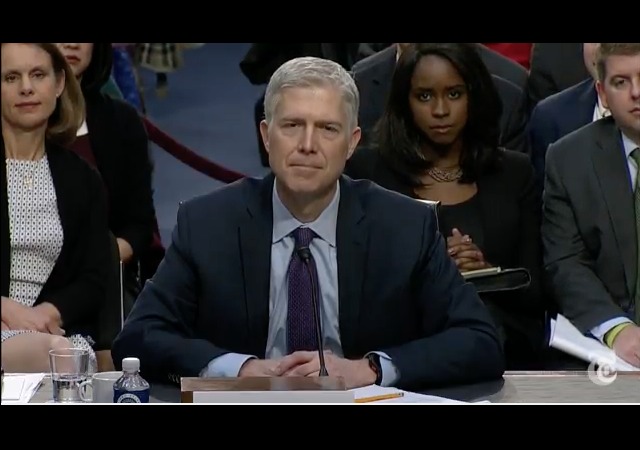
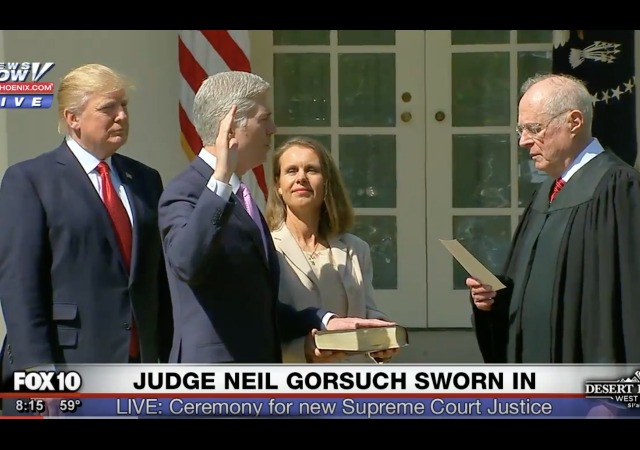
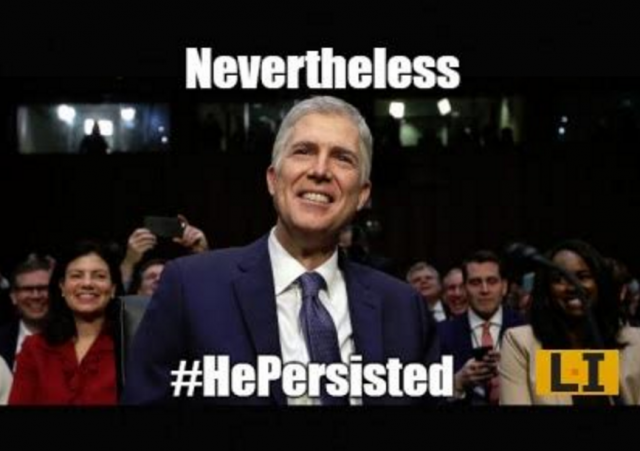
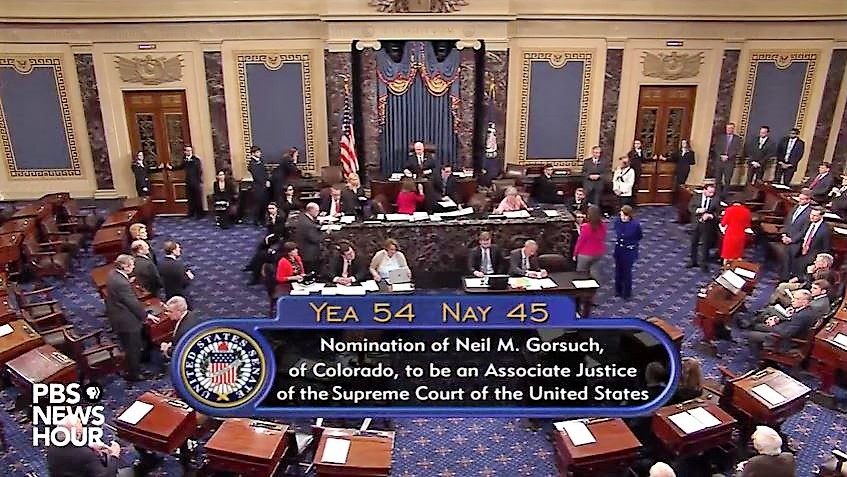 BEFORE THE VOTE:
BEFORE THE VOTE:
